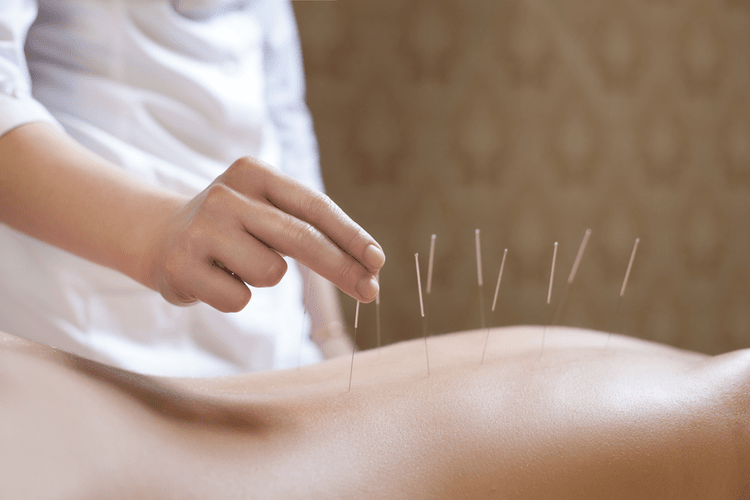What is alcoholism? Alcoholics Anonymous
Some of these are inpatient or residential programs, where you stay at a treatment center for a while. Others are outpatient programs, where you live at home and go to the center for treatment. Though prescribed medications meant to aid in alcohol withdrawal are available, less than 10% of those suffering with alcoholism who could benefit are taking them. As AUDs and other addictions are true mental disorders, medications can often assist in the psychological functioning of the brain to begin to make the necessary changes and adjustments. Treatment for alcohol use disorder can vary, depending on your needs. Treatment may involve a brief intervention, individual or group counseling, an outpatient program, or a residential inpatient stay.
We offer a wide range of tailored, customized programs that are designed to address your specific needs. This includes programs to address co-occurring mental health disorders (like anxiety, depression, or bipolar disorder) as well as alcohol addiction. An addiction rehab program is an important step in the recovery process for those struggling with alcohol abuse and addiction. It helps individuals gain access to specialized care and support services that are tailored to their needs. The program also provides a safe, comfortable setting where individuals can focus on recovery without triggers or distractions from everyday life. Although there is no absolute “cure” for alcoholism, we are able to recover from the hopeless state of body and mind that has resulted from the disease.
Research Treatment Options for Alcohol Addiction
Remember that your loved one is ultimately responsible for managing his or her illness. Behavioral treatments are aimed at changing drinking behavior through counseling. They are led by health professionals and supported by studies showing they can be beneficial. Aug. 21, 2023 – A type of gene therapy that reboots the brain’s reward system could curb drinking in those with severe alcohol use disorder. Examples include Alcoholics Anonymous, SMART Recovery, and other programs.
- According to the National Institute on Alcohol Abuse and Alcoholism (NIAAA), about 1/3 of individuals who are treated for an alcohol addiction report no further symptoms after a year of treatment.
- This program is vital as it provides an essential framework to follow when recovering from alcohol addiction.
- This evaluation consists of 11 yes or no questions that are designed to be used as an informational tool to assess the severity and probability of an alcohol use disorder.
- Group therapy, led by a therapist, can give you the benefits of therapy along with the support of other members.
The Big Book of Alcoholics Anonymous explains, “We are not cured of alcoholism. What we really have is a daily reprieve contingent on the maintenance of our spiritual condition.” This https://accountingcoaching.online/mash-about-us/ “daily reprieve” is what we do every day to be given one 24-hour block of time of sobriety. It’s the following through each day of what we are suggested to do by our recovery program.
Harvard Health Publishing
Regardless of how the addiction looks, someone typically has an alcohol addiction if they heavily rely on drinking and can’t stay sober for an extended period of time. Because AUD can be a chronic relapsing disease, persistence is key. It is rare that someone would go to treatment once and then never drink again. More often, people must repeatedly try to quit or cut back, experience recurrences, learn from them, and then keep trying. For many, continued follow up with a treatment provider is critical to overcoming problem drinking.

Alcoholism affects over 17 million people in the United States, according to the US Department of Health and Human Services. Unfortunately, many people who suffer with alcoholism are reluctant to get the treatment they need. This is usually due to a variety of reasons, from not understanding they actually have a problem, to worrying about being stereotyped as an alcoholic.
Relapse in Delirium Tremens
But another problem is that many health care professionals don’t recognize and treat alcohol use disorder in patients who do seek care. Those seeking treatment for alcohol use disorder can find a qualified provider at the American Academy of Addiction Psychiatry or American Alcoholic Narcissist: How the Two Conditions Are Related Society of Addiction Medicine directories. There are four FDA-approved treatments for alcohol use disorder and a few more medications that health care providers can prescribe off-label. A similar procedure is already used in patients with Parkinson’s disease.



